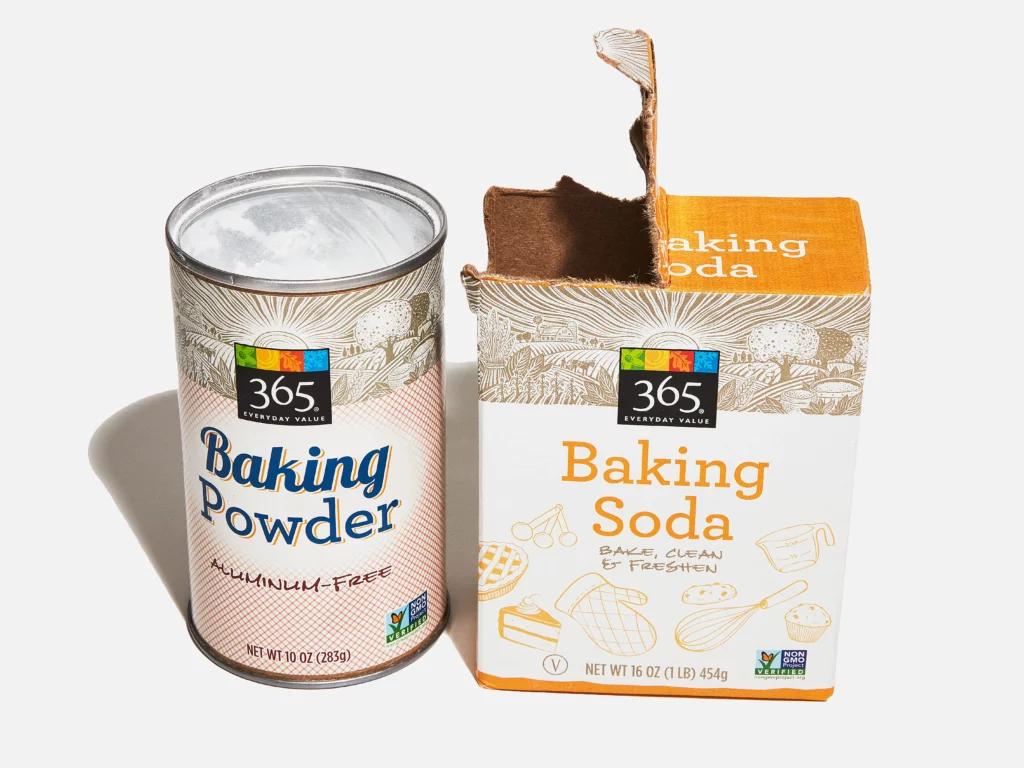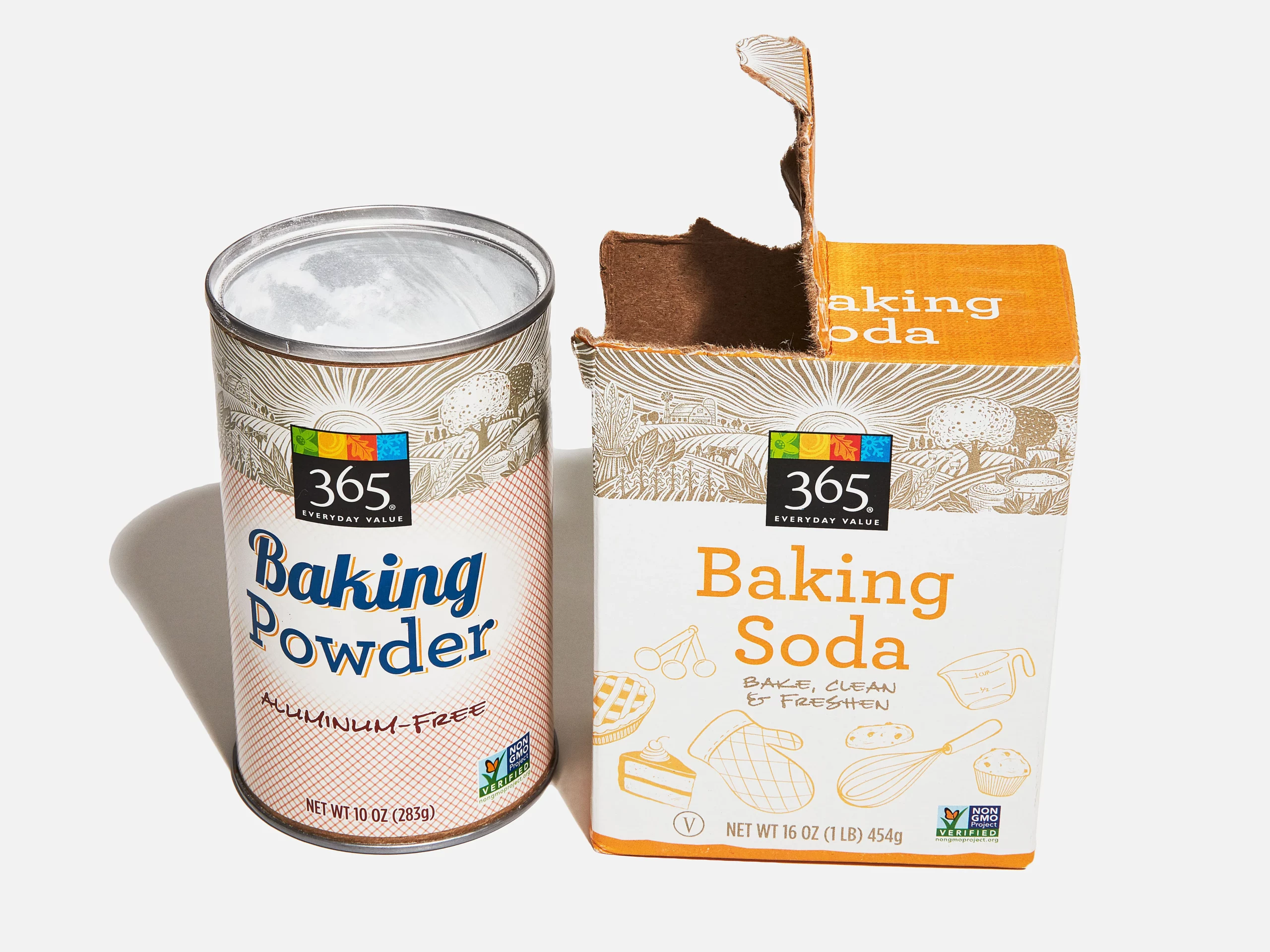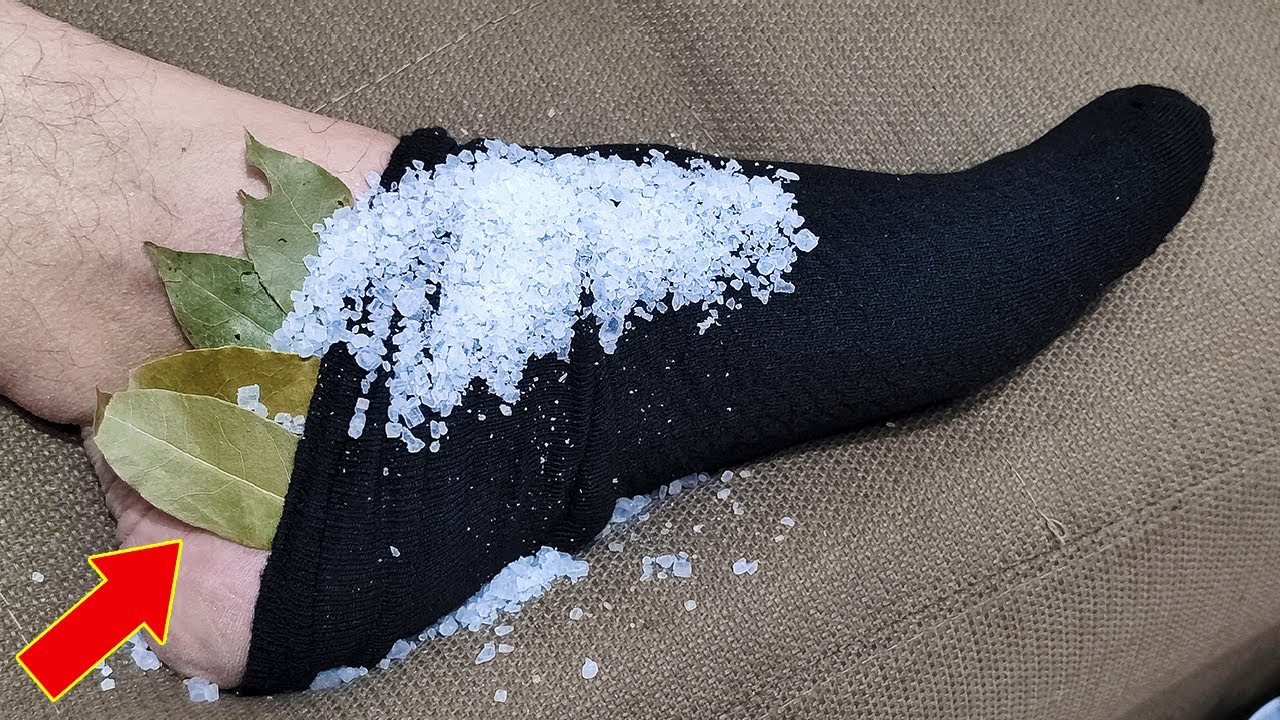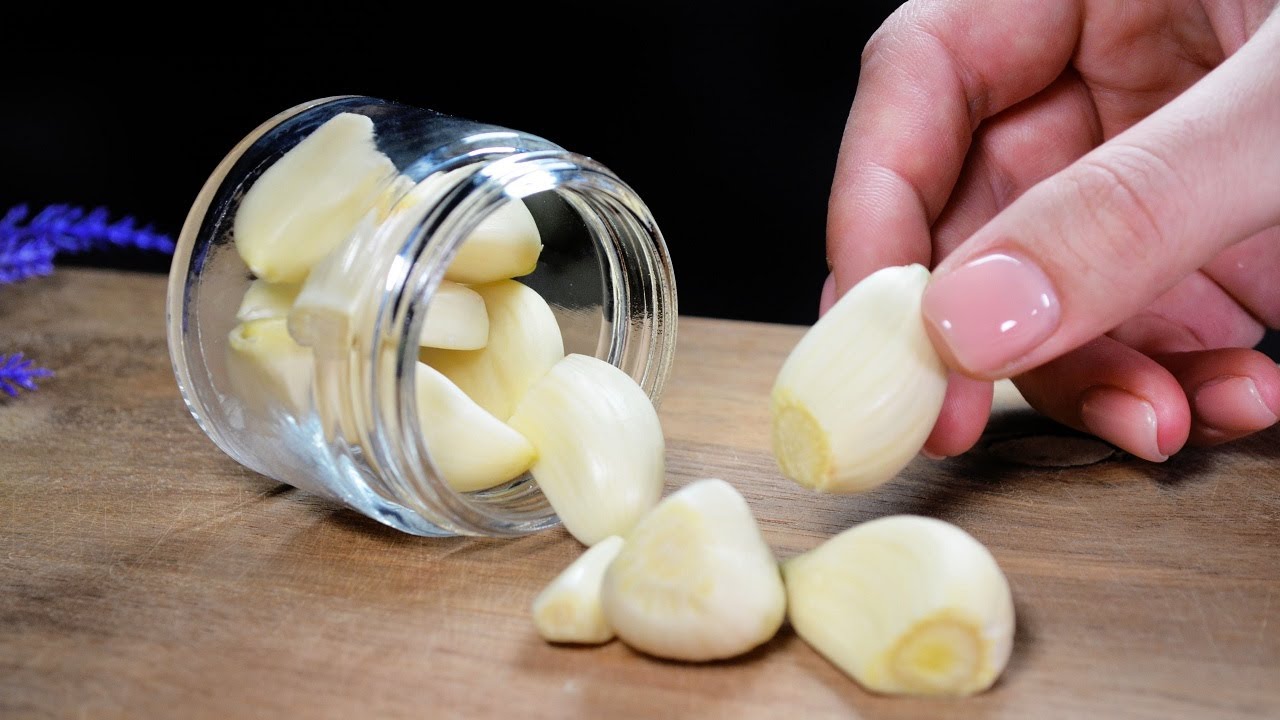
Baking soda, also known as sodium bicarbonate, is a common home remedy for acid reflux due to its ability to neutralize stomach acid. While it can provide quick relief for occasional heartburn, using it frequently or in large amounts can lead to potential dangers and side effects. Here’s what you should know before using baking soda for acid reflux.
1. High Sodium Content
Baking soda is high in sodium, with about 1,260 mg of sodium per teaspoon. Consuming too much sodium can lead to:
-
High Blood Pressure: Excess sodium increases blood pressure, which can put a strain on the heart and increase the risk of heart disease and stroke.
-
Fluid Retention: High sodium levels can cause the body to retain water, leading to swelling (edema), particularly in the legs, hands, and feet.
-
Kidney Strain: The kidneys work to filter excess sodium, and frequent use of baking soda may overwork the kidneys, leading to potential kidney damage over time.
2. Alkalosis
Baking soda works by neutralizing stomach acid, but overuse can result in metabolic alkalosis, a condition in which the body’s pH becomes too alkaline. Symptoms of alkalosis include:
-
Nausea and vomiting
-
Muscle twitching or cramps
-
Confusion, dizziness, or light-headedness
-
Tingling in the hands, feet, or face
-
Difficulty breathing
Severe alkalosis can be dangerous and may require medical intervention.
3. Disruption of Electrolyte Balance
Frequent consumption of baking soda can disturb the balance of important electrolytes in the body, such as potassium and calcium. This can lead to:
-
Hypokalemia (low potassium levels): Causes muscle weakness, fatigue, and irregular heartbeats.
-
Hypocalcemia (low calcium levels): Leads to muscle cramps, spasms, and, in severe cases, tetany (involuntary muscle contractions).
4. Acid Rebound
While baking soda can temporarily neutralize stomach acid, it may cause acid rebound, where the stomach produces even more acid after the initial relief wears off. This can result in worsening acid reflux symptoms over time, making the problem more difficult to manage.
5. Gas and Bloating
When baking soda mixes with stomach acid, it creates carbon dioxide gas. This gas can lead to:
-
Bloating: Excessive gas buildup in the stomach or intestines can cause bloating and discomfort.
-
Belching: The release of gas can cause frequent burping.
-
Stomach cramps: The gas produced may lead to discomfort and cramping in the abdomen.
6. Risk of Overdose
Taking too much baking soda can lead to a sodium bicarbonate overdose, which can be serious and require medical attention. Symptoms of an overdose include:
-
Vomiting and diarrhea
-
Confusion or sluggishness
-
Difficulty breathing
-
Seizures
-
Coma in severe cases
7. Interaction with Medications
Baking soda may interact with certain medications, reducing their effectiveness or causing adverse reactions. Some examples include:
-
Antacids: Taking baking soda alongside other antacids can increase the risk of alkalosis.
-
Aspirin: Baking soda can reduce the absorption of aspirin, making it less effective.
-
Blood Pressure Medications: The high sodium content can interfere with medications used to manage high blood pressure, potentially reducing their efficacy.
8. Risk for Individuals with Certain Health Conditions
Certain individuals are at higher risk for complications when using baking soda, especially:
-
Pregnant Women: Excess sodium can contribute to high blood pressure and swelling during pregnancy.
-
People with Heart Disease: High sodium intake can exacerbate heart-related conditions.
-
Kidney Disease Patients: Those with kidney disease may struggle to process the sodium in baking soda, leading to an increased risk of kidney damage.
Safer Alternatives for Acid Reflux
If you’re looking for safer, more effective ways to manage acid reflux, consider these alternatives:
-
Dietary Changes: Avoid trigger foods such as spicy foods, fatty meals, citrus, and caffeine.
-
Elevating the Head of Your Bed: Sleeping with your head elevated can reduce nighttime reflux.
-
Over-the-Counter Antacids: Medications like Tums, Rolaids, or H2 blockers (like ranitidine) are designed to manage acid reflux more safely.
-
Apple Cider Vinegar: Some people find relief from a teaspoon of diluted apple cider vinegar, although results may vary.
Conclusion
While baking soda can provide temporary relief from acid reflux, it should not be used regularly or in large amounts due to its potential dangers and side effects. Excessive sodium intake, alkalosis, and electrolyte imbalances are just a few of the risks. If you suffer from chronic acid reflux, it’s best to seek safer alternatives and consult with a healthcare professional for a long-term solution.





